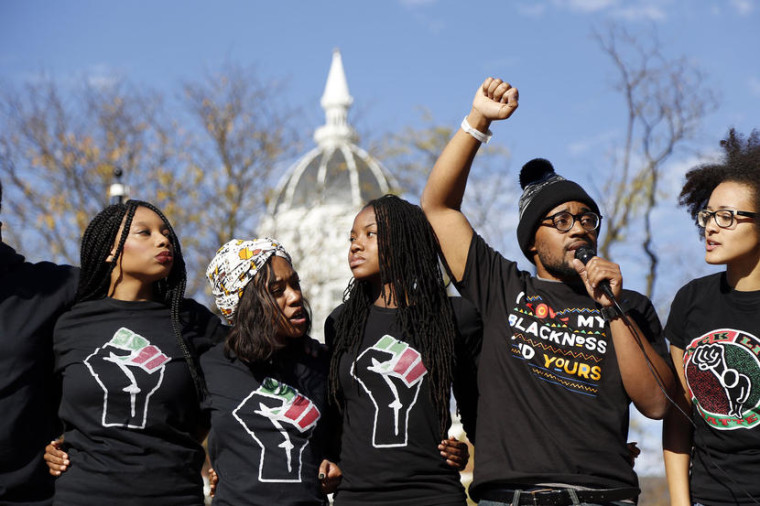In light of student protests at the University of Missouri and other campuses across the country, I’ve been thinking about the historical role of students in the governance of colleges and universities. Students have played a key role in campus governance since the beginning of higher education in the United States. With the highly structured academic activities of students in early higher education, students sought outlets for socialization and fraternal bonding that was unavailable within the classrooms of the day. Literary and debate societies developed to become this outlet, forever changing student governance and student extracurricular involvement.

The role of the early colleges in creating the scholarly-gentleman created an emphasis on social prestige and exclusivity among the student body. The literary and debate societies were the tangible result of this push while student desire to enter the social elite fueled the popularity of the societies.
“Literary societies provided students with what they could not find in the formal college curriculum” giving students an outlet for intellectual and social pursuits outside of the rigid faculty controls (Greenstreet, 1996, p. 17).
Students at the University of Georgia created the Demosthenian society which split into two separate groups not long after its creation. This type of split often happened in the early societies with burgeoning membership and differences in intellectual opinion. In fact, the separation into two, competing societies likely aided in the development and strengthening of the groups. The competition for newly arrived students was fierce, the bonding within each strong, and the benefits of a competitive rival provided the literary and debate societies a platform for increasing their campus power and prestige.
The role of the literary and debate societies went beyond the intellectual aspects. Societies provided for and regulated their membership in numerous other ways. For example, in the event of a student’s death while at the University of North Carolina, the deceased was buried in the cemetery plot of his society if his home was too distant to return the body (Coates & Coates, 1985).
The societies also took responsibility for the conduct of their membership. Historical records from societies across the country contain examples of students punished for various transgressions from failure to pay membership dues, wearing a hat indoors, and failure to argue the assigned side of a debated issue. This student self-regulation is clearly a precursor to student involvement in campus judicial matters setting the groundwork for the student governments that arise in their wake.
The literary and debate societies gradually declined in importance throughout the nineteenth century. With the changing curriculum and pedagogy, the rise of fraternities that engendered greater loyalty among students, and the university taking over functions the societies traditionally maintained such as the campus library collection; society membership and more importantly influence in campus governance weakened.
Following the Civil War, there was a trend of moving some of the disciplinary “burden” and power from the increasingly overworked faculty and administration back to the student body. Rudolph attributes this move to formally recognize the student role in campus judicial matters to the sudden rise of athletics, the decline of what today we would call en loco parentis, and the disinterest of new professors with their Ph.D.’s and research focus (Rudolph, 1962, p. 369).
This movement continued through the turn of the century and becoming widespread by World War I.
The rise of the honor system and honor codes dovetailed the increasingly formal role of students in the campus judiciary. The major exception to this was the University of Virginia whose honor code predates the Civil War.
Throughout the rest of the twentieth century, student councils went through alternate periods of increasing and waning support. The uproar and tumult of the nation’s campuses during the 1960’s and early 1970’s showed students the power of collective voice.
However, that voice was often utilized through student groups independent of the official student governing structure. With the restraints of its power largely by the increased prominent role of the administration, student governments often came to be viewed as mostly irrelevant in campus governing matters.
Although there are a few notable exceptions, student self-governance does not permeate the campus or student body with the same level of its historical importance.
This is not to say that student voice is not important or influential as recent events suggest otherwise. However, it is useful to think about how broad student interest tends to not focus on campus issues, yet the importance of having the student voice remains as critical as the early days of the literary and debate societies.

